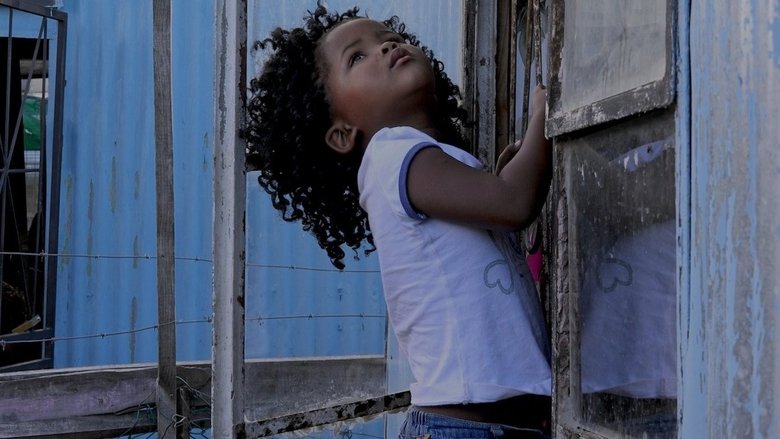Excretapolitics
Genres
Documentary
OverView
In Cape Town's informal settlements, created to segregate the racialized population during Apartheid, the South African government never built a sewage system, hence the absence of flush toilets. Each resident must therefore invent an individualized solution for disposing of his or her excrement. Excrétapolitiques is a documentary based on meetings with some twenty people who are fighting against this infrastructural injustice.
Others
Budget
$--
Revenue
$--
Status
Released
Original Language
Xhosa
Runtime
114 mins
Rating
0/10
Release Date
01 January 2024
Country
France


